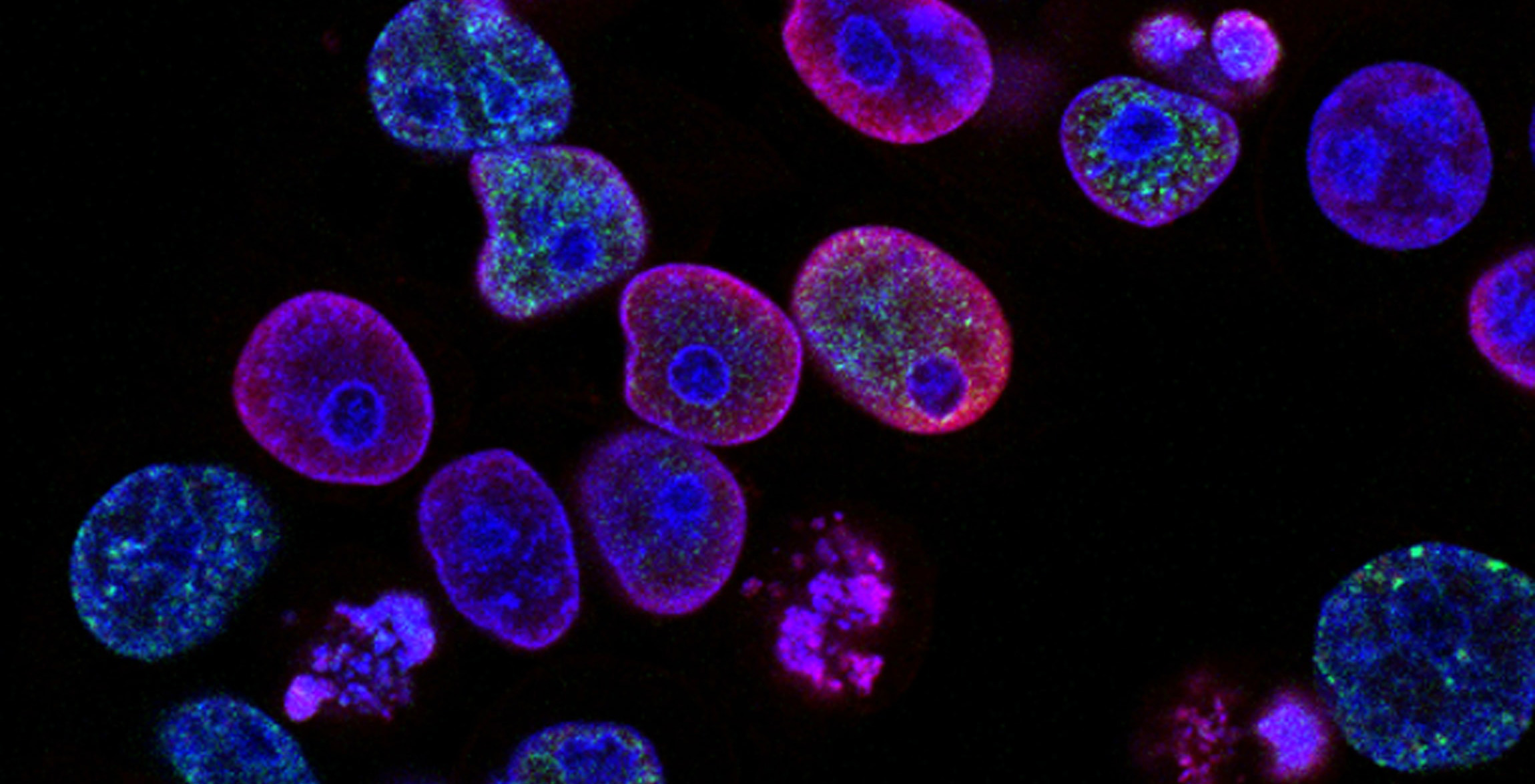
Overview
The human placenta is unique among eutherian mammals.
One of the most striking distinctions in humans is the ability of specialized epithelial cells of the placenta (called trophoblasts) to acquire highly-invasive characteristics similar to invasive tumor cells. Invasive trophoblast populations play critical roles in remodeling the uterine microenvironment and facilitating nutrient and oxygen transfer between mother and developing baby. The success of placental formation (and pregnancy) is ultimately dictated by tight regulatory mechanisms that both promote and restrain differentiation of trophoblast subsets into highly-invasive populations. Conditions that suppress trophoblast differentiation impair vascular remodeling and lead to inadequate inter-villous blood perfusion, maternal hypertension and fetal stress.
